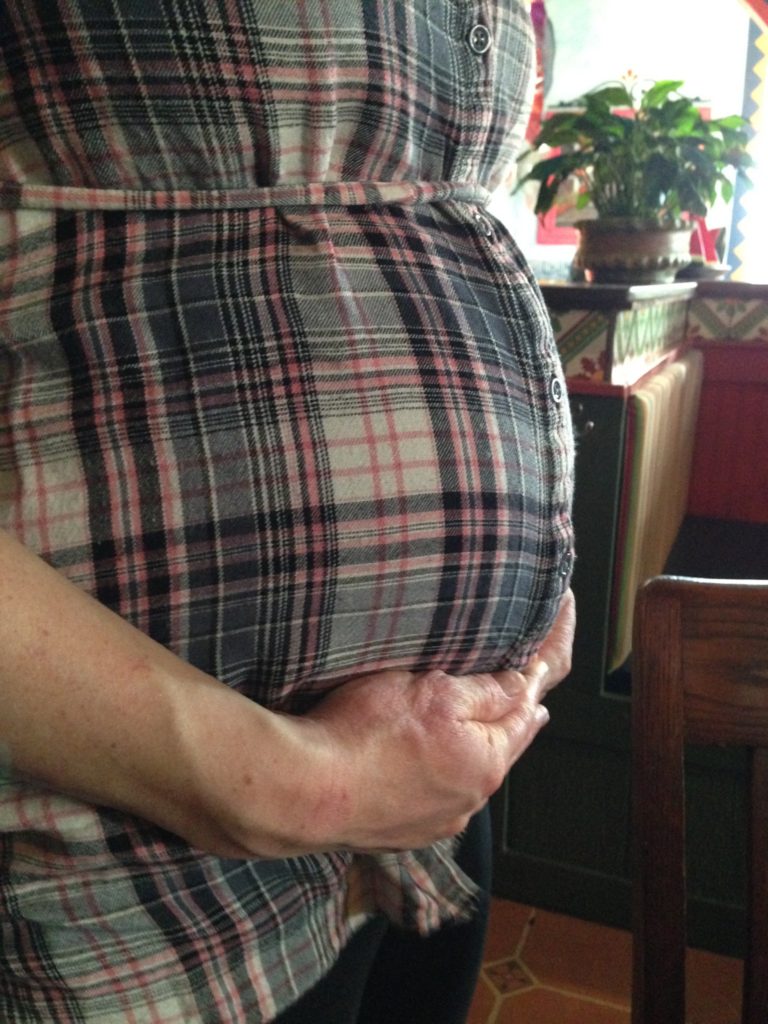
Little kids are infinitely curious about the world. They’re little scientists, trying to figure out how everything works. (That’s the reason they ask so many exhausting “why” questions.) They also don’t have filters for what topics are awkward or impolite. They see, they notice, so they comment or ask about whatever is in front of them.
So when a toddler or preschooler sees a pregnant woman, it’s very likely she’ll ask why Mrs. Harper has a big belly. You might answer “There’s a baby in her tummy”—but please don’t.
Why? Because “tummy” is short for “stomach,” and babies do not come from stomachs. If kids think they do, it can cause years of confusion about how babies get into or out of the digestive system. It may sound like a tiny detail, but the incorrect word can have a big impact.
Young adults have told me how confused they were when they were little:
“Until I was 12, I believed you pooped out babies.”
“Before formally learning (around age 5), I knew that babies grew in a woman’s stomach, and I reasoned that she unhinged her jaw like a snake and threw up to get it out.”
“I thought you had to swallow semen…made sense since babies were formed in the ‘stomach.’”
To avoid confusion, at least replace “tummy” with “belly,” which isn’t specifically about digestion. Better, give just a little more information that opens the door for future birds-and-bees conversations: “The baby grows in a special place in the mother called the ‘uterus’ or ‘womb.’” You might add, “The uterus has nothing to do with food; it’s just a special place for growing babies.”
(BTW, once your child starts asking these sorts of questions, it’s time to buy an age-appropriate book. Then you’ll have materials available to make potentially awkward topics easier.)
However you teach about sex and conception, keep two goals in mind: providing accurate information, and being a reliable source your child can turn to. You’ve got years of talks ahead of you; starting off well and early will benefit your child for a long time.